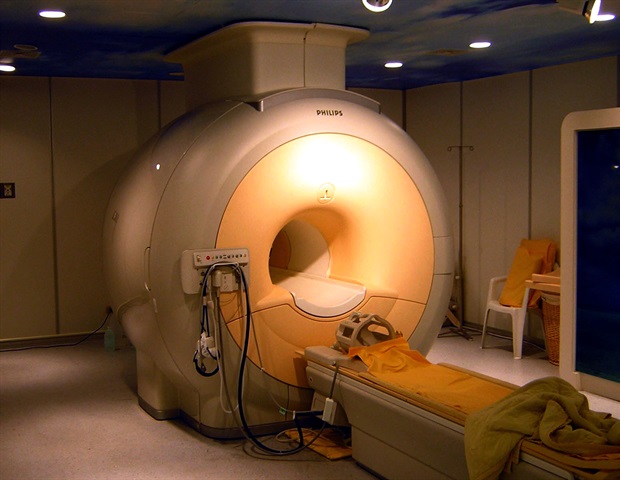Recommendations on the prevention and management of interference caused by medical procedures in patients with implanted electronic cardiac devices is published today in EP Europace, a journal of the European Society of Cardiology (ESC) and presented at EHRA 2022, a scientific congress of the ESC.
Interference is frequently caused by numerous medical interventions, but rare consequences are largely avoidable if preventive actions are taken. The document outlines what medical staff should do before and during different types of medical procedures. Patients can also contribute by carrying their device card which specifies the type, model and manufacturer."
Professor Markus Stühlinger, Lead Author, Medical University of Innsbruck, Austria
The paper covers pacemakers, which keep the heart beating regularly and not too slowly; defibrillators, which stop potentially fatal heart rhythms by delivering a shock; and loop recorders, used to detect and diagnose arrhythmias.
Interference that may affect the functioning of these devices can occur during medical procedures due to electromagnetic fields (for example during surgery), a magnetic field (i.e. magnetic resonance imaging; MRI), radiation (e.g. cancer treatment), or acoustic waves (e.g. lithotripsy to destroy kidney stones). The result is that the electronic cardiac device may stop working temporarily or permanently, or deliver an unneeded shock.
Modern surgery typically uses electrocautery, where an electrical current is delivered via a scalpel. "If the procedure is close to the generator of a pacemaker or defibrillator, the device may recognize the signal and respond to it inappropriately," explained Professor Stühlinger. "This can cause inhibition of pacing, leading to a drop in heart rate, or an unnecessary shock because the device erroneously detects a dangerous arrhythmia."
The authors outline the steps that should be taken to prevent device malfunctioning due to interference. For surgery, the first step is to check how reliant the patient is on the device – for example, does he or she need constant pacing or not? In addition, medical staff should check that the device and its battery are working properly. The second step is to test how the device responds to having a magnet placed next to it. If the device reacts as expected, then surgery can proceed normally, and the ECG and pulse should be monitored. If the device behavior is abnormal, a magnet can be placed near the device during surgery to inhibit interference from electrocautery.
It is estimated that 50% to 75% of patients with implanted cardiac devices will need an MRI scan during the lifetime of their device. The document states that MRI should only be performed in patients with these devices in centers with appropriate teams, protocols, and equipment. "Collaborative relationships between radiologists, physicists, cardiologists, and allied health staff members are essential for safe outcomes," state the authors. They recommend reprogramming the cardiac device before and after a scan and provide detailed instructions.
For radiation, there is a small risk that cardiac devices will not function properly after therapy. Professor Stühlinger said: "Pacemakers and implanted defibrillators should be checked regularly during radiation treatment, either with remote monitoring or a weekly in-person appointment.
He concluded: "This is a comprehensive report describing the preventive measures that should be employed to ensure that patients with implanted cardiac devices can undergo medical procedures safely."
The international consensus statement was developed by the European Heart Rhythm Association (EHRA), a branch of the ESC; the Heart Rhythm Society (HRS); the Asia Pacific Heart Rhythm Society (APHRS); and the Latin American Heart Rhythm Society (LAHRS). It is also published in Heart Rhythm, the official journal of the HRS, Journal of Arrhythmia, the official journal of the APHRS, and Journal of Interventional Cardiac Electrophysiology, the official journal of the LAHRS.
European Society of Cardiology
Posted in: Medical Procedure News | Medical Condition News | Healthcare News
Tags: Arrhythmia, Cancer, Cancer Treatment, Cardiology, Defibrillator, Education, Electromagnetic, Electrophysiology, Health Care, Heart, Heart Rate, Imaging, Kidney, Magnetic Field, Magnetic Resonance Imaging, Medicine, Mortality, Pacemaker, Research, Sudden Cardiac Death, Surgery
Source: Read Full Article
